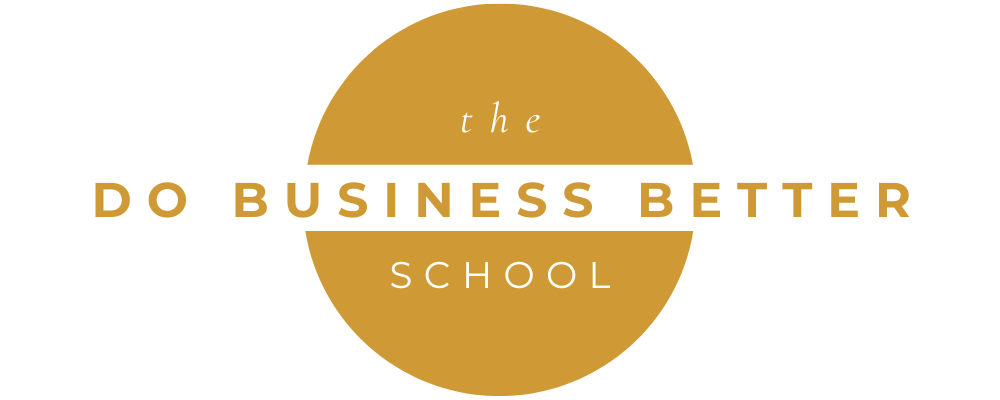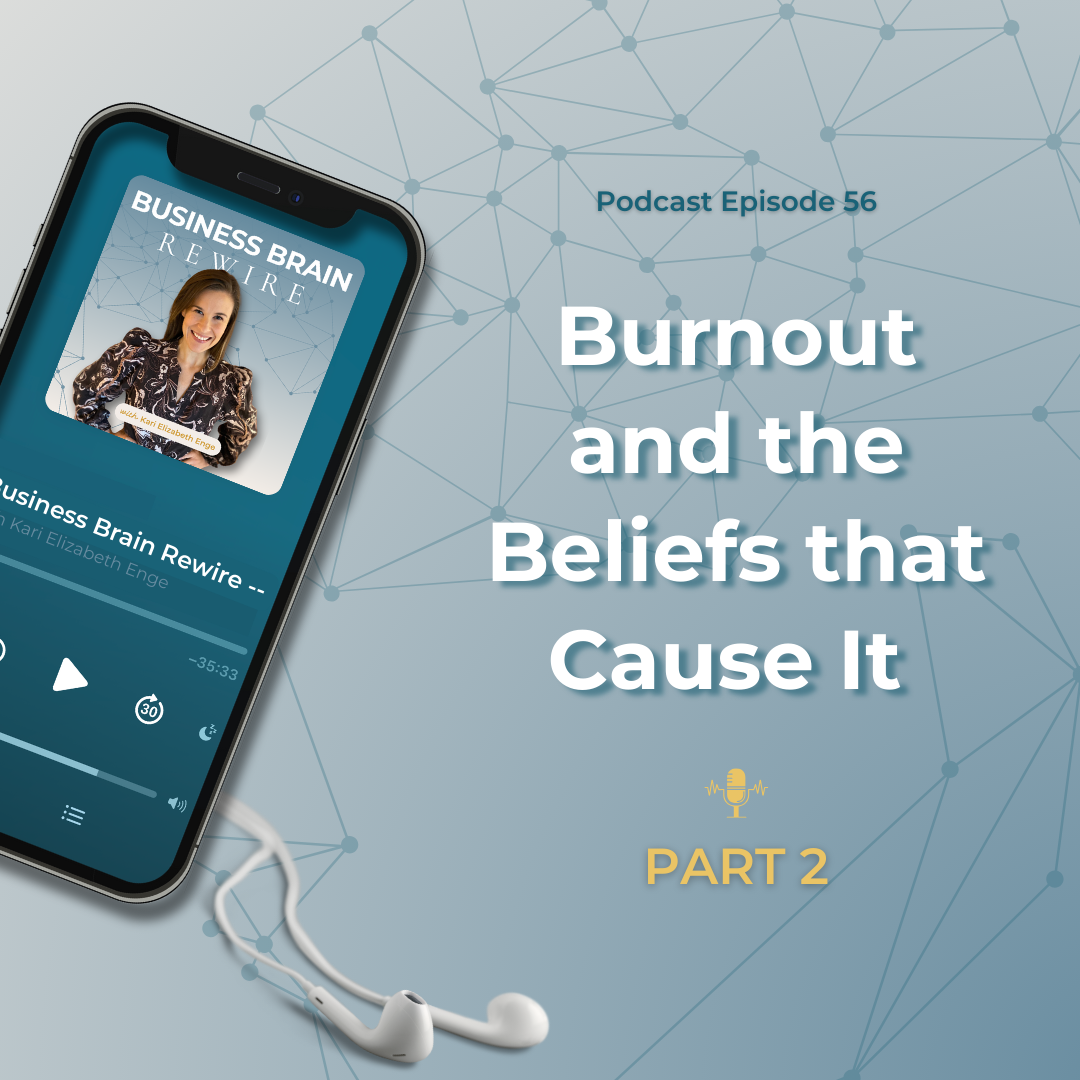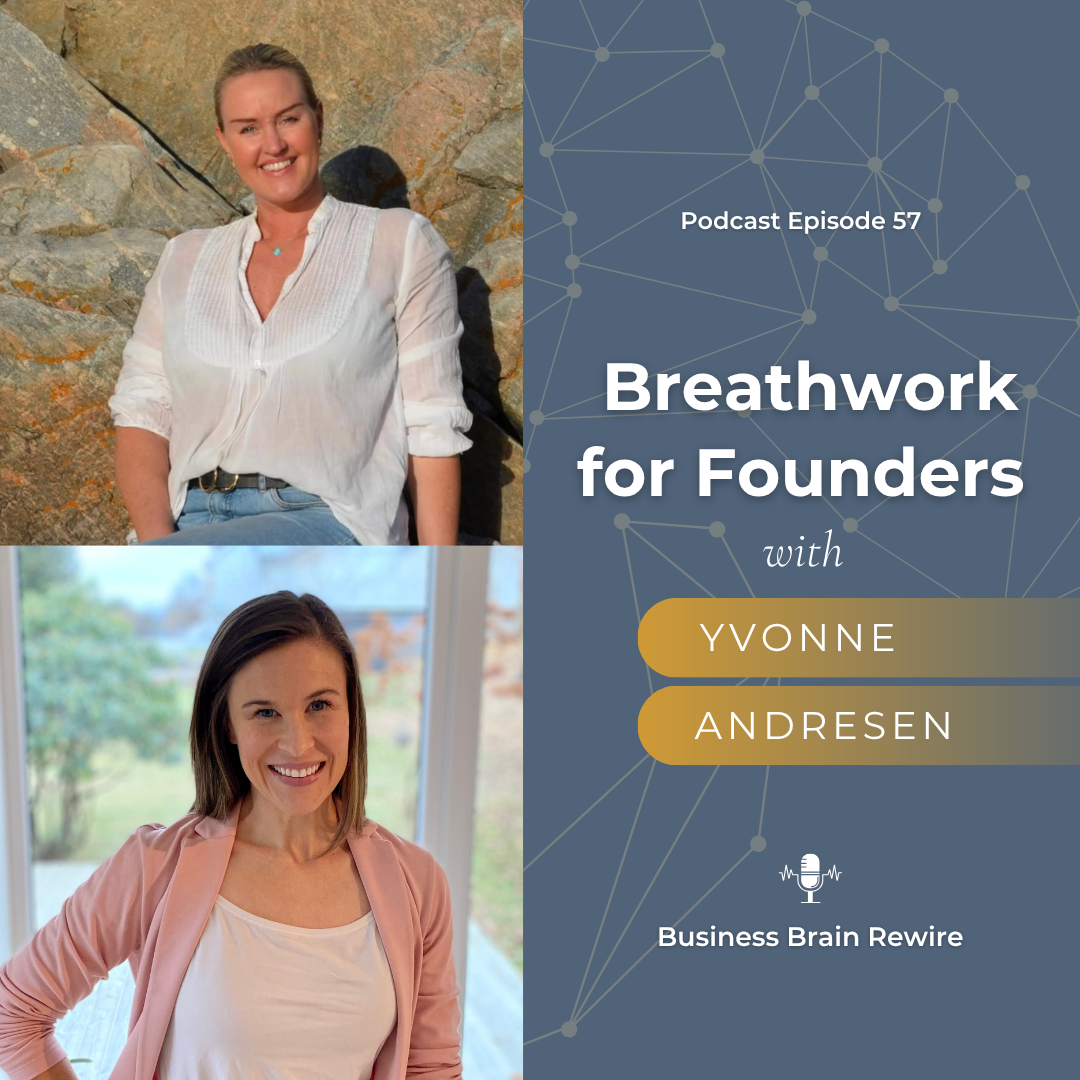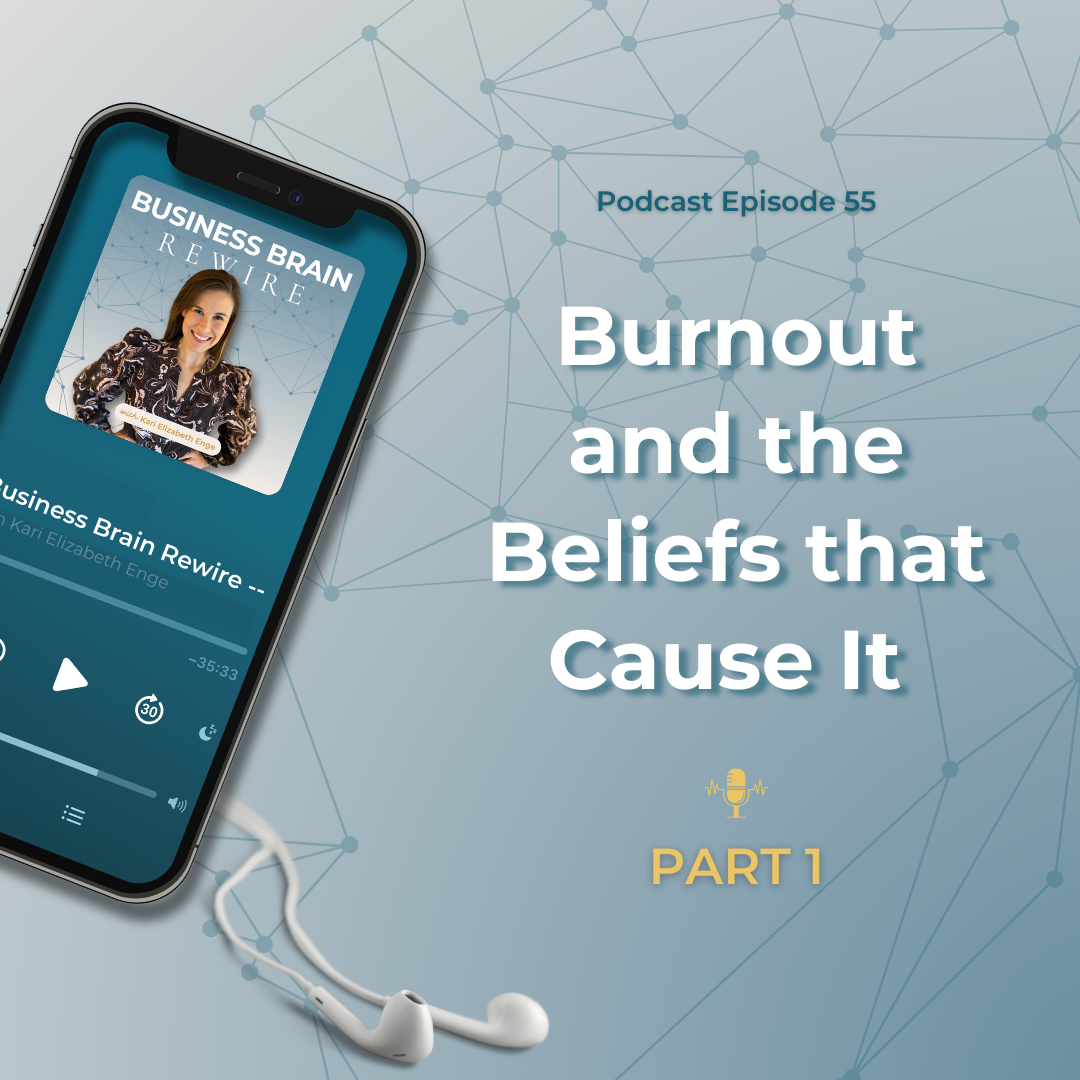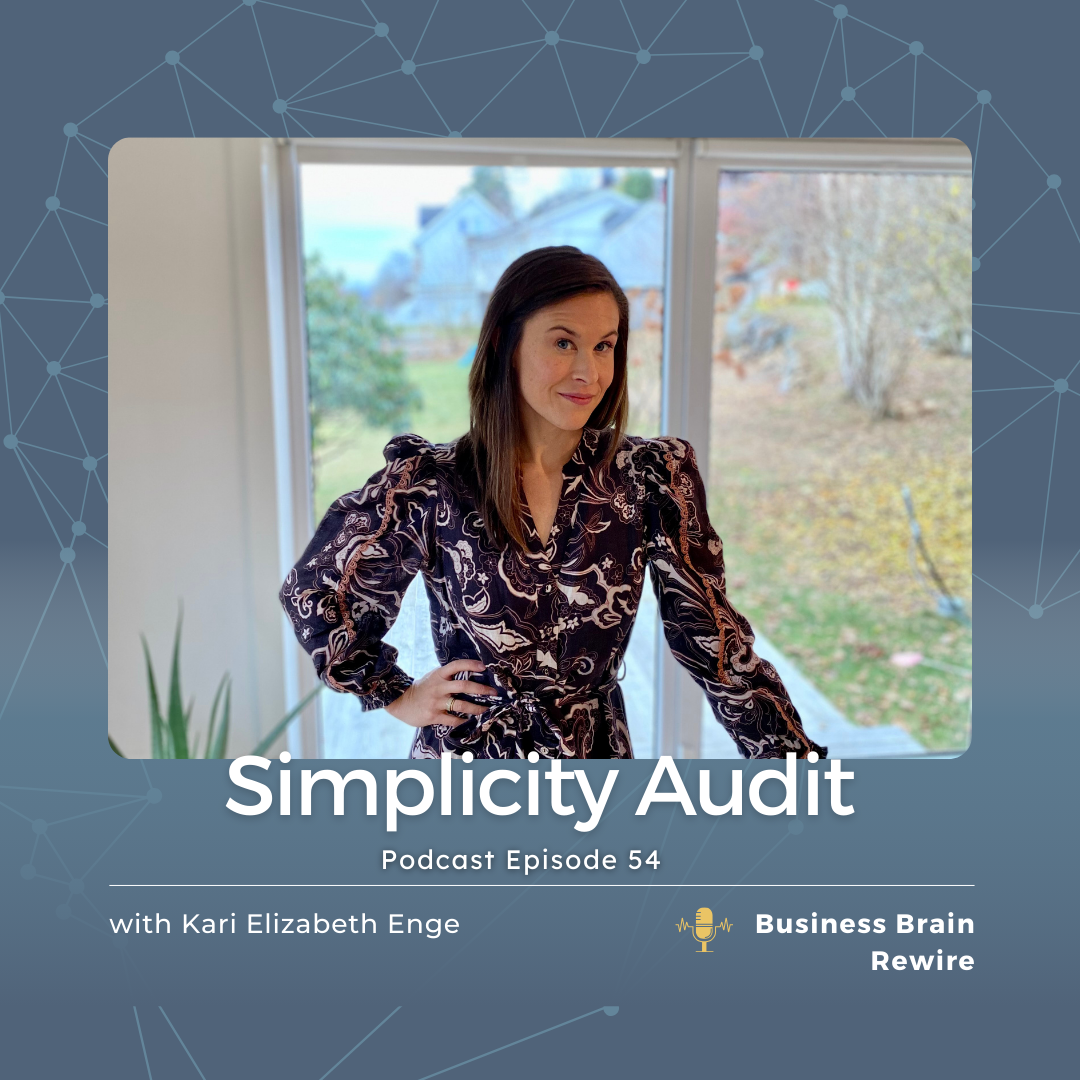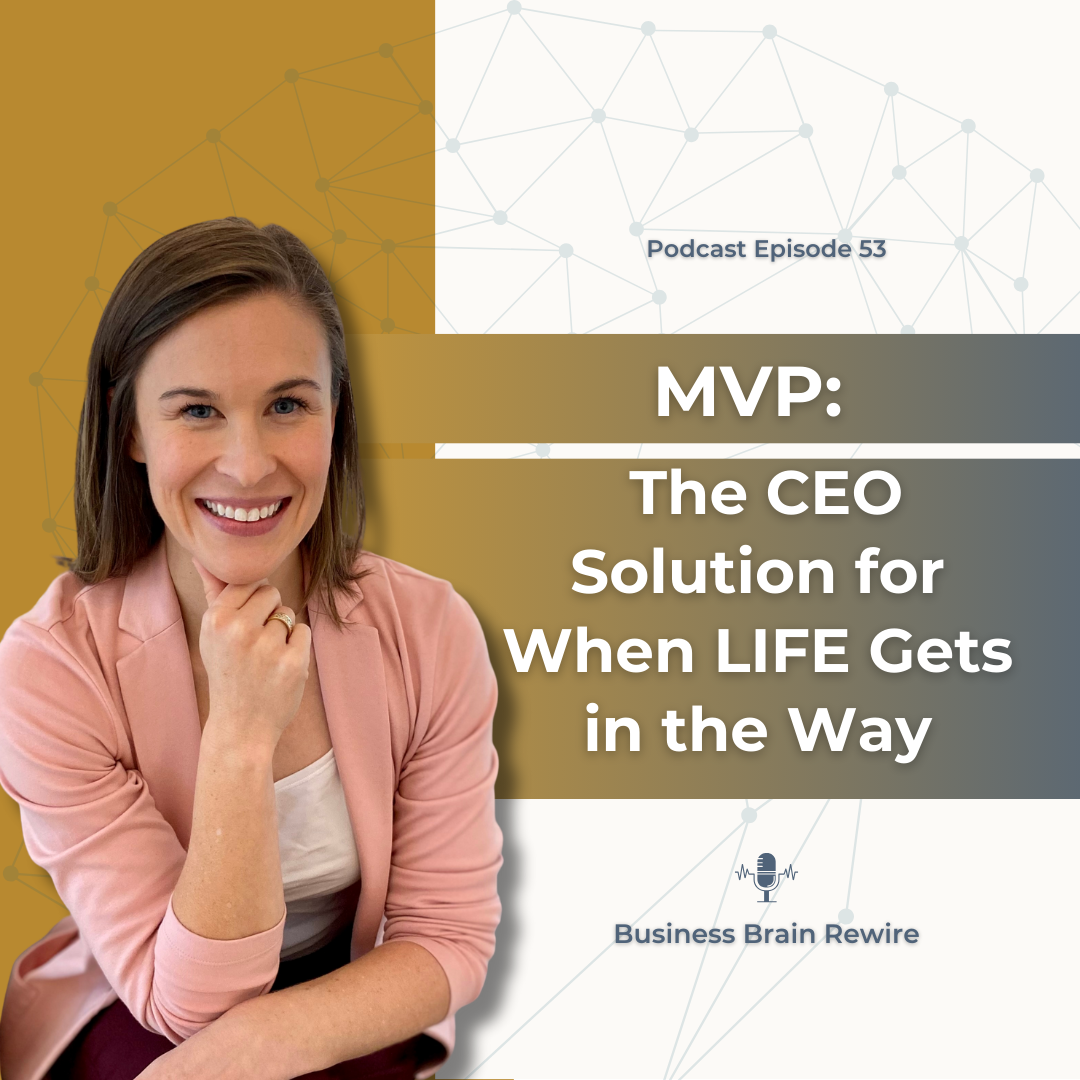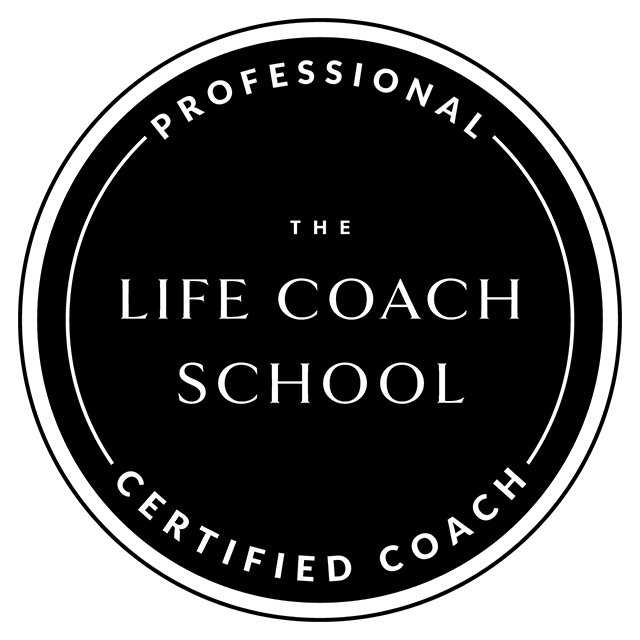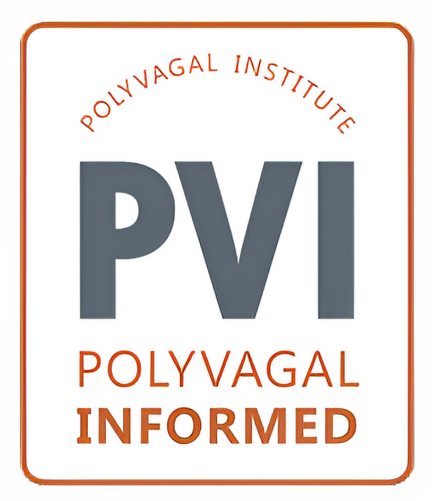What if the way you’ve been setting goals is actually fueling your burnout?
So many purpose-driven entrepreneurs think burnout comes from long to-do lists, too many deadlines, or not enough hours in the day. But the truth runs deeper: burnout starts in the beliefs you carry.
In this Part 2 episode on Burnout, we uncover the second most common belief that leads entrepreneurs straight into stress, overwhelm, and exhaustion – and why the traditional ways we’re taught to plan and set deadlines don’t actually work.
Instead, you’ll learn a simpler, values-driven way to approach your goals so you can get more done, feel less stressed, and keep your nervous system regulated along the way.
If you’ve ever felt like you’re constantly behind, punishing yourself with deadlines, or stuck in the hamster wheel of doing more to try to get more, this episode will help you breathe easier and find a better rhythm.
In this episode, you’ll learn:
- The #2 belief that causes burnout (and how to replace it)
- Why traditional goal-setting keeps you stuck
- How to use deadlines in a way that motivates, not drains you
- A practical framework to feel less stressed while achieving more
Burnout doesn’t have to be part of your story. Tune in to find a better way forward—one rooted in simplicity, clarity, and a healthier mindset.
👉 Haven’t listened to Part 1 yet? Catch up here first.
Transcript
[00:02:01] Burnout happens because of belief systems first and foremost. So I spoke in the last episode about the fact that the number one cause of burnout for purpose-driven entrepreneurs, in my opinion, is a particular belief. It’s a belief that it’s our responsibility to fix an issue. To save the world in some. Right? And to do so with this heightened sense of urgency because there, you know, is going to be a climate disaster or, there’s going to be such political unrest that the world is going to end. I know I’m exaggerating, but I know many of you feel like the cause that you are fighting for is extremely urgent. And yes, I understand that we want to make change in the world. We want to have a positive impact and we want to right wrongs. But when we have this rigid view about, you know, it’s somehow being our responsibility to fix something, what we do is we turn on the survival parts of our brain and we signal to our brain that we’re in an unsafe world. When that happens, you actually will start to output fight or flight responses from your central nervous system.
[00:03:20] Your central nervous system is designed to keep you alive and safe. So if you tell your body that there’s an issue and a really big problem and things are going really badly and it’s your responsibility to fix it, you’re gonna go into overdrive. You’re gonna overdo. You’re gonna run like you’re on the hamster wheel. You’re just gonna do, do, do. Until eventually your central nervous system will also send a signal to you at some point that the stress that you’ve put yourself under mentally, emotionally, and physically is all too much. You’re gonna get new responses happening like anxiety, depression, tiredness. Brain fog, even physical pain and sickness because your body is basically saying: I need you to stop. I need you to withdraw from the world so that I can make you feel safe and whole again.
[00:04:11] So it’s really important that you as an entrepreneur understand the importance of your mental and emotional relationship that you hold with your social cause, with your work. You cannot hold the world on your shoulders. You cannot have the belief system that it’s your quote unquote job to fix a social issue. This will drive you into the ground. You’ve gotta have a healthy, more flexible mindset. What I mean about a flexible mindset is that you’re passionate about your work and you feel you are uniquely equipped to contribute your talents to a particular cause. You feel blessed to be able to make an impact in whatever way you’re capable, but you understand that you cannot control the outcome.
[00:05:00] I love what Kristen Dickerson says, she’s an entrepreneur that I really admire, who calls this an open palms mindset, right? It’s like opening up your clinch fists where you’re trying to control, and instead just focusing on what is within your control. Which is your values and how you wanna show up to your profession, right? All the rest, all of the outcomes, all of the fixing that’s gonna happen. We let it go. It’s not ours to control. That will really help you to get rid of a lot of the unwanted behaviors that lead you to burnout, eventually.
[00:05:44] That’s recap of part one. Now what are we gonna learn? Where are we gonna go next? I do wanna give you some practical tools today for burnouts. But before I do, I wanna cover the second belief that will lead you to this burnout mentality and this kind of burnout behavior. That belief relates to the idea that input equals output. Many entrepreneurs, actually, most people, have a very linear view of their life and of their work, they think that they can come up with some calculation and that A plus B always equals C. They think if I do this, then I can control the outcome. For example, some people might say, if I work 30 hours a week or 40 hours a week, the number doesn’t matter, it could be 15. But if I work a certain number of hours on my business a week, and then during that amount of time I can do these activities or these type of sales calls, or this type of sales and marketing or whatever the task is, and based on my projections, I should make X amount of money.
[00:06:56] Now, while I do think that doing some math for your business is a wonderful thing, and I want you to do pre-planning and I want you to think ahead, I also want you to be careful about using math to figure out how you’re gonna reach your goal. If you figure, if you just decide what your goal is and then you just set some arbitrary deadline, that sounds great. By the time you do the math and you work backwards, you’re gonna have a packed to-do list, and you’re already gonna feel behind and overwhelmed before the month or the week has even started, right? Because you’re basically saying, I know what my C is, I know what my goal is, and I know what that deadline is, and then I’m gonna figure out the A and the B to get there. Doesn’t work. Okay?
[00:07:43] This is completely unnecessary and it’s actually a terrible way to reach goals. When you follow this approach, you’re basically saying: my goal for my business and this deadline, that I think sounds good, trumps all other things in my life. I’m just gonna look at my goal and my deadline in a silo, in a vacuum all by itself, and I’m not going to really look at all the other things going on in my life that are a priority for me.
[00:08:10] Plus you’ve most likely set like a bunch of steps in your plan that are gonna help you reach your goal by your deadline without really knowing if some of those steps are gonna work. Right? You’ve got a lot of hypothesis hypotheses, I dunno how to say that word. You’ve got a lot of things that you’re guessing on that you think are gonna work, that might not work right, and you’re gonna probably have to adjust your plan along the way anyways.
[00:08:37] This is a really terrible way to set goals, to reach goals, and to avoid burnout. Here is a much better way at approaching your goals for your business.
[00:08:48] First, I want you to figure out how much you wanna work on a weekly basis. Put in all your personal stuff, all your self care, all your vacation days for the year upfront. Then you’re gonna come up with your weekly and daily hours, right? You’re gonna have a frame for each day and each week. Then you can set your goals, once you understand your parameters.
[00:09:16] Now when you set goals, you can use deadlines. But, I want you to use deadlines in the right way, okay? Cause most of us, we just set a deadline and then we don’t use it to motivate us. We think it motivates us because it gets us moving. But then eventually we switch and we start punishing ourselves with the deadline, right?
[00:09:39] I know you do this. For example, you feel behind because you’re two weeks from your goal and you haven’t reached it yet. So you tell yourself you’re not gonna reach your goal, that’s punishing yourself with a deadline. Or maybe you start to feel overwhelmed because you’re not as far along on your plan as you had hoped. Again, you’re using a deadline to punish yourself, or maybe the first few steps are not working out, and you also tell yourself, this plan isn’t working. I’m not gonna reach my goal. Again, you’re using deadlines. You’re using just arbitrary thoughts that don’t even mean anything, right? They’re not actually reality or true to punish yourself. If you set a goal and if you set a deadline, I want you to make sure that you’re always motivating yourself, even if you don’t reach it. That’s the only reason we set goals and deadlines is for motivation. No other reason. All right.
[00:10:35] That’s what you’re gonna do. You’re gonna set your parameters for your working hours, and you’re gonna set a goal with or without a deadline if you think you can handle the thought work required to keep yourself from using deadlines to punish yourself. Then I want you to figure out some of the steps that you think will get you there. When you set your steps, I want you, before you begin, to ask yourself, what is the most simple, least complicated, quickest way to reach the result I want? All right. It might be the scary thing. It might be the direct phone call, right? It might be the networking event. You might be putting yourself out there instead of all the content marketing that you think is gonna maybe be a little bit more comfortable. But I want you to try to come up with one to five things that you can do that are not complex and very simple. Then all you need to do is get started on step one.
[00:11:37] Once you finish step one, then what? Right? You stop. You pause. You don’t beat yourself up for the results about: oh, it didn’t work. You just ask yourself: what worked, what didn’t? How can I learn? How can I analyze this and be very curious about what happened here? Once you do, you’re gonna find out a lot of things that didn’t work, trust me, and a lot of things that did, or maybe one thing that did and a bunch of things that didn’t. You’ll have a combination or maybe it’ll be a complete bust. Either way, it doesn’t really matter, right? You’re gonna need to tweak step two based on what you learn, and then continue on with your plan. As the weeks and months go by, I want you to just practice focusing on what you can control. Right? Which is not the outcome, not the result, not the deadline. It’s just how you show up in the world, right? How are you being diligent? How are you being determined? How are you being structured, organized, mindful, decluttered focused, values driven? All of the qualities that you can do to make yourself proud regardless of the outcome. Okay?
[00:12:50] If you focus on that, about how you’re showing up and how you’re making yourself proud regardless of what’s happening. You drop all the brain drama, right? All the self punishment, then I promise you are gonna be so much more successful and you’re going to enjoy it so much more along the way. You’re gonna be working within that framework that I told you about. You’re not gonna be dropping the self-care out in order to reach some arbitrary deadline. Okay?
[00:13:19] Please give this a try. I dare you. Drop all these old fashioned beliefs about deadlines and needing to work so many hours a week and this going mentality. I want you to drop the A plus B equals C mindset. And when you do, I promise that all the stress is gonna feel very different to you. Of course, you’re still gonna have some brain drama coming up because you’re putting yourself out there and your brain doesn’t like that. But you’re not gonna have all of this busyness that drives you in to burnout. This structure, this sort of format about making plans and setting goals paired with just having that open palms mentality. It’s gonna be really effective for you moving forward when it comes to burnout.
[00:14:12] Give these things a try. I’m gonna be talking a lot more on the podcast about burnout in the future because I know it’s a huge issue that a lot of entrepreneurs face. They think it’s something that is just part of being an entrepreneur. They think it’s something that is going to sneak up on them from time to time, but it’s not right. This is a mindset problem that can be fixed.
[00:14:36] I want you to tune in here regularly to get wisdom and advice about how you can grow your business in a very holistic, healthy, and purpose driven way. All right, you guys, I will be back next week with new episodes, so stick around with me through the fall because a lot more good stuff is coming your way.
Podcast: Play in new window | Download
